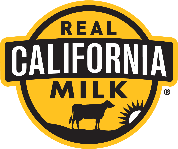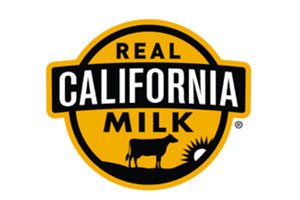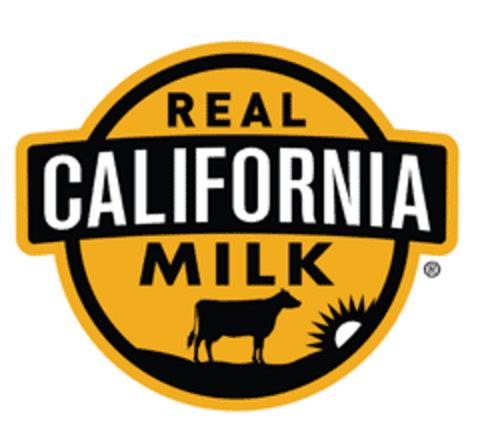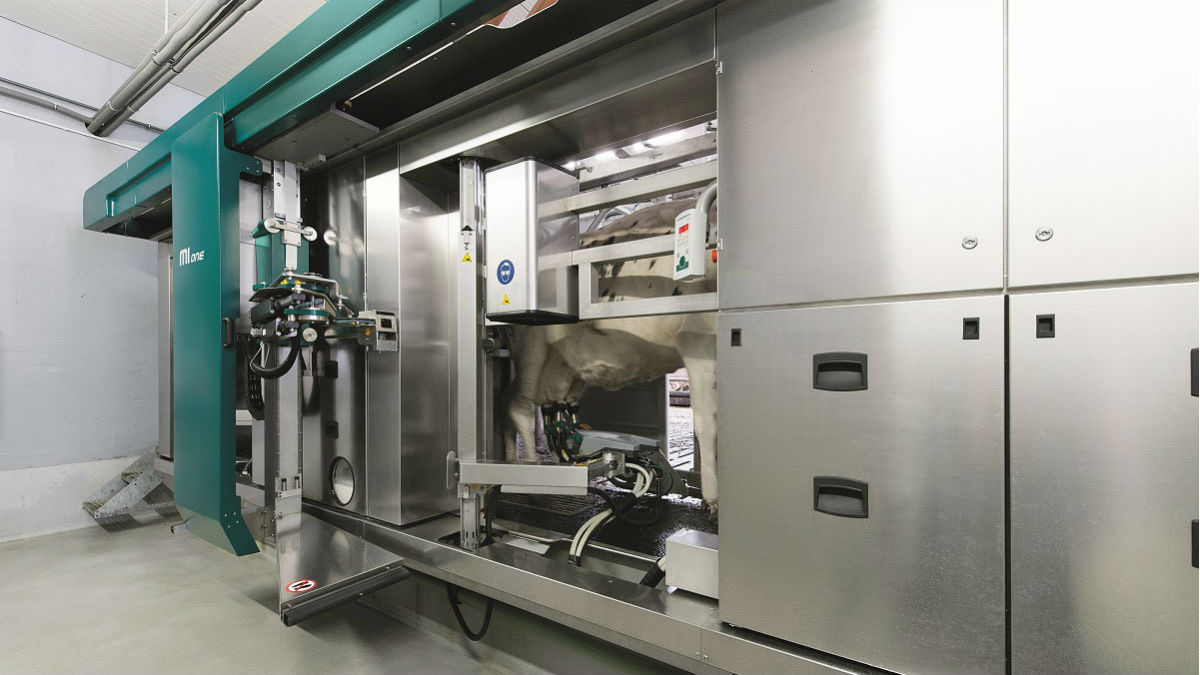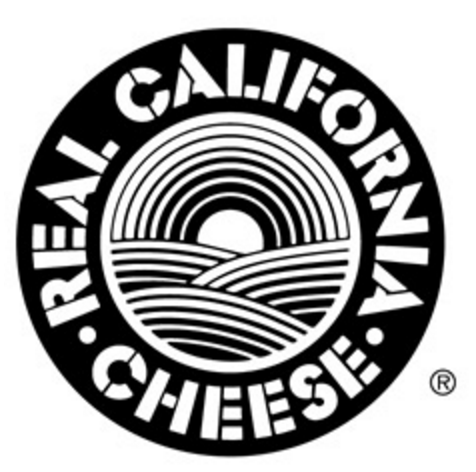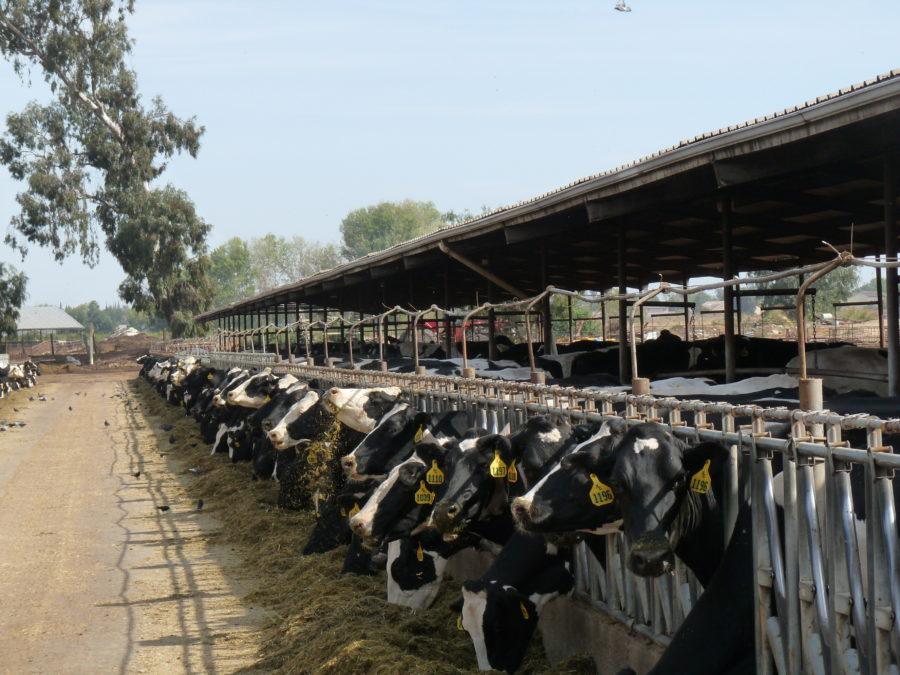REAL CALIFORNIA MILK ENCOURAGES CONSUMERS TO “SNACK HAPPY” WITH THE RETURN OF RETAIL CAMPAIGN HIGHLIGHTING DAIRY SNACKS FOR SUMMER
By Thalia Sillivan
The California Milk Advisory Board (CMAB) announced today the return of a retail campaign focused on summer snacking with Real California dairy products. Snacking has risen in popularity over recent years, which has shifted consumers to snack more than ever and continuing to look for affordable options that offer flavor and health benefits. With the addition of California dairy in simple recipes, snacking becomes a delicious summer-long experience that families can feel good about.
The “Snack Happy This Summer” promotion will elevate awareness of California dairy products through integrated digital media and in-store elements. This will consist of targeted digital ads and social media posts, email communication, and rebate offers through Instacart, and recipes featured on Chicory. In-store components will include Shelftalk and Floortalk signage. An advertising and public relations surround sound campaign will include influencer partnerships with posts on Instagram and TikTok platforms, as well as earned media outreach to spotlight trends in dairy snacks.
Recipes featured in the “Snack Happy This Summer” campaign range from global flavors to frozen treats, all elevated with Real California dairy. These tasty bites are perfect for outdoor activities and rising temperatures and focus on current culinary trends including Mini Unicorn Smoothies, Bang Bang Style Chili Paneer Bites, Tropical Paletas, Taquitos Ahogados, and more.
“Consumer trends over the past few years have pushed snacking consumption to a whole new level. California dairy products add an element of variation to snacking options, whether consumers are looking for nutritious or indulgent selections, or somewhere in between”, said Katelyn Harmon, Director of Business Development – US Retail, for the CMAB.
The “Snack Happy This Summer” campaign will run from mid-June to mid-July and includes the following California retailers: Stater Bros. Markets, Smart & Final, Gelson’s, Mollie Stone’s Markets, Nugget Markets, Bristol Farms, Save Mart, Lucky, and Food Maxx. A total of 681 California stores will participate.
California is the nation’s leading milk producer and makes more butter, ice cream and nonfat dry milk than any other state. California is the second-largest producer of cheese and yogurt. California milk and dairy foods can be identified by the Real California Milk seal, which certifies they are made with milk from the state’s dairy farm families. California dairy farm families are proud leaders in sustainable farming practices.

